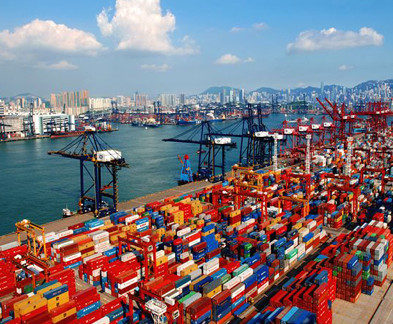In 1992, UNCTAD outlined a three-generation model to classify different stages that the port industry has experienced. It illustrates that port evolution is not a linear progress but periodically with key events to re-start every stage. An important research question emerges on whether the port industry has involved to the new generation or not after more than two decades of development. To provide useful insight into this research question, PortEconomics member Adolf Ng along with Kennth H. Wong (Hutchison Port Holdings, Hong Kong, China), Eva C. Shou (Hongkong International Terminals Ltd., Hong Kong, China) and Huiying Zhang (Transport Institute, University of Manitoba, MB, Canada) adopt the resource-based view (RBV) as the theoretical foundation for an in-depth investigation on the strategy formulation of Hong Kong International Terminals (HIT) in the first decade of the 21st century.
The authors found that a changing stage is proved to be existed with the comparison between the pre- and post-stages, which endorse the point that the third-generation model is no longer capable to explain port development. The port study offers valuable academic and professional contributions. For academic contribution, it contributes to the application of the RBV theory in port industry as well as the improvement of the theory itself. For professional contribution, it gives suggestions to both governments and terminal operators. For governments, the less participation in port operation activities does not necessarily compromise their role in supervision, especially for the security factor. Also, it is essential for terminal operators to make use of its abundant resource to conduct innovative activities or, as this study suggests, it will be dangerous for terminal industry to keep its energy and generate welfare for economy and society.
The port study titled Strategy formulation of new generation ports: a case study of the Hongkong International Terminals Ltd published in the Research in Transportation Business and Management, Issue 22.
PortEconomics provides you the authors’ version free for downloading here.












